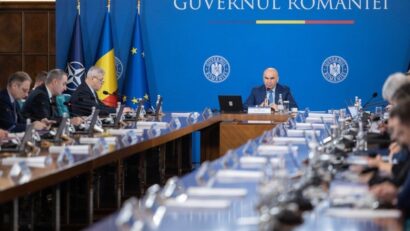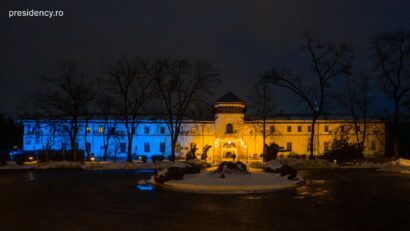European anniversaries
Poland celebrated on Thursday 70 years since the end of WWII and the instatement, for almost half a century, of the Soviet occupation in Central and East Europe.

Bogdan Matei, 08.05.2015, 13:02
A trigger of the conflagration, when Nazi
Germany invaded Poland on September 1st 1939, Gdansk, the big town port to the Baltic Sea on
Thursday hosted many European leaders who gathered to launch a message of
continental unity. They all shared the standpoint of the Polish president, Bronislaw Komorowski, who recalled that the war was
started by the complicity of the Nazi and Bolshevik totalitarian regimes and
furthermore, that the end of fighting, on May the 9th 1945 was not
the equivalent of regaining freedom in Eastern Europe, but the installation of
communism and the beginning of the Cold War.
The European Council President, Donald
Tusk, has said that the policy pursued in Europe nowadays is different from
that in the 1930s and 1940s and has added that only few leaders will attend the
Victory Day parade in Moscow, because of the new Russian expansionist thrust in
Ukraine.
Attending the ceremonies in Gdansk was
also Romania’s president, Klaus Iohannis, the head of a state where the day of
May 9th has a multifold significance. First of all, it marks the
anniversary of State Independence Day.
In 1877, foreign minister Mihail Kogalniceanu
proclaimed in Parliament the separation from the suzerain power of the time,
the Ottoman Empire. After almost five centuries of Turkish domination,
Bucharest’s ties with the Sublime Porte were already rather formal and
consisted in the payment of a symbolic tribute. However, the Turks didn’t
tolerate an official break-up and tried to take military action. Defended on
the battlefield and consecrated at the Congress of Berlin, independence became
the cornerstone of modern Romania, to be later developed by kings Carol I and
Ferdinand, of the German Hohenzollern family.
Instated in Bucharest on May the 10th
1866, the dynasty also linked its destiny to the Allied victory over Nazi
Germany. Historians say the decision made by the last king of Romania, Mihai I,
now a nonagenarian, to take Romania out of the alliance with Hitler on August
1944 and to bring it closer to its traditional allies, the Anglo-Americans,
shortened WWII in Europe by at least 6 months.
However, the return to peace coincided, in the
Romanians’ case, with the installation of one of the longest and bloodies
dictatorships in their history. Condemned by Communism to terror, humiliation
and poverty, the Romanians can now celebrate Europe Day, just like all
Europeans, thanks to the December 1989 anti-communist Revolution and their
country’s accession to the European Union in 2007.
Europe Day is also reminiscent of the first post-war
years, when a new economic and security policy was needed, to boost confidence
among the European states. Back then, on May 9th 1950, the French
foreign minister, Robert Schuman, called on the former Western belligerents to
place their coal and steel industries, the foundation of their military might,
under a common authority and thus to create a first common market. This marked
the birth of Europe as a political entity, the European Union, which now has 28
member states and over one billion inhabitants, being one of the main economic
and political players in the world.






























